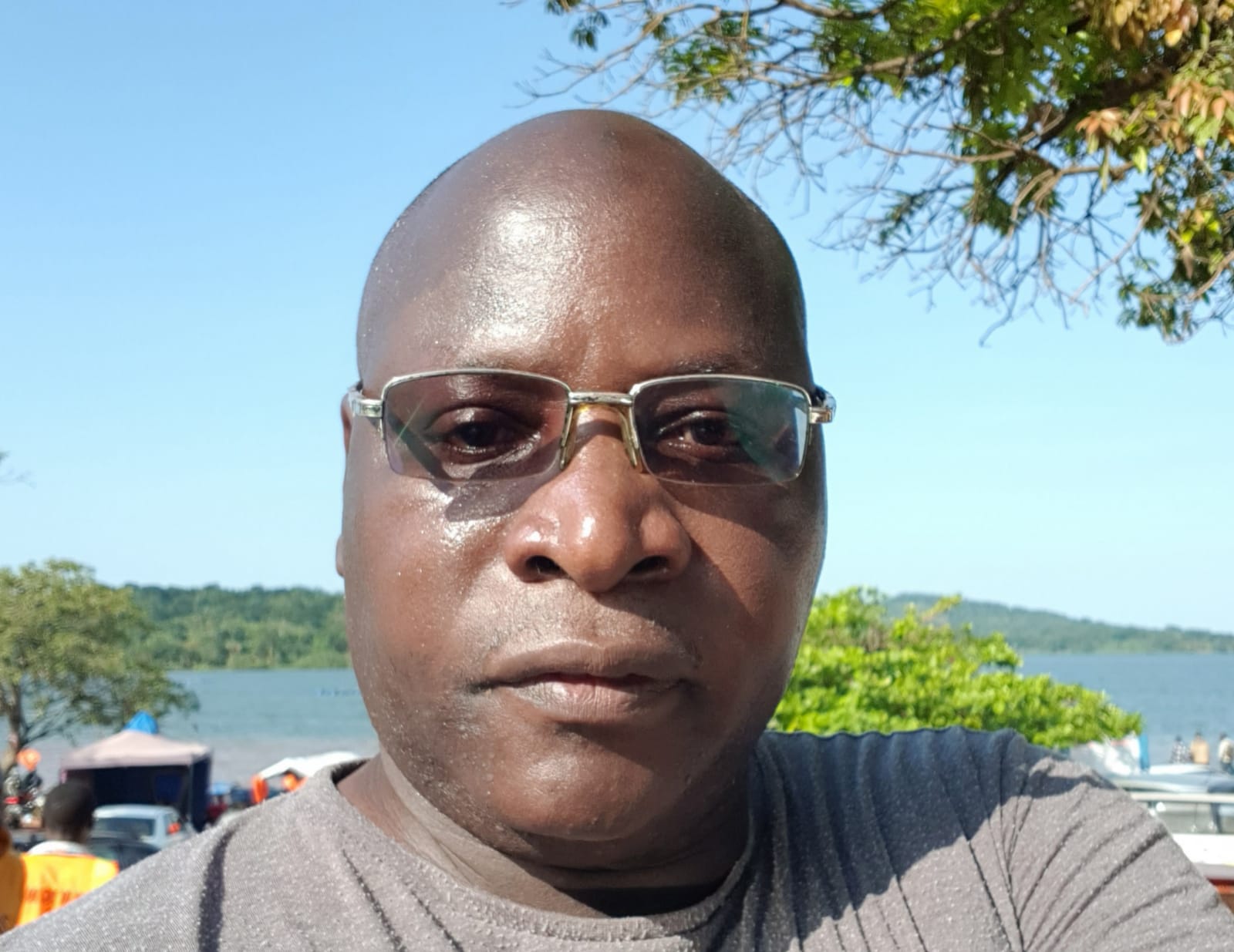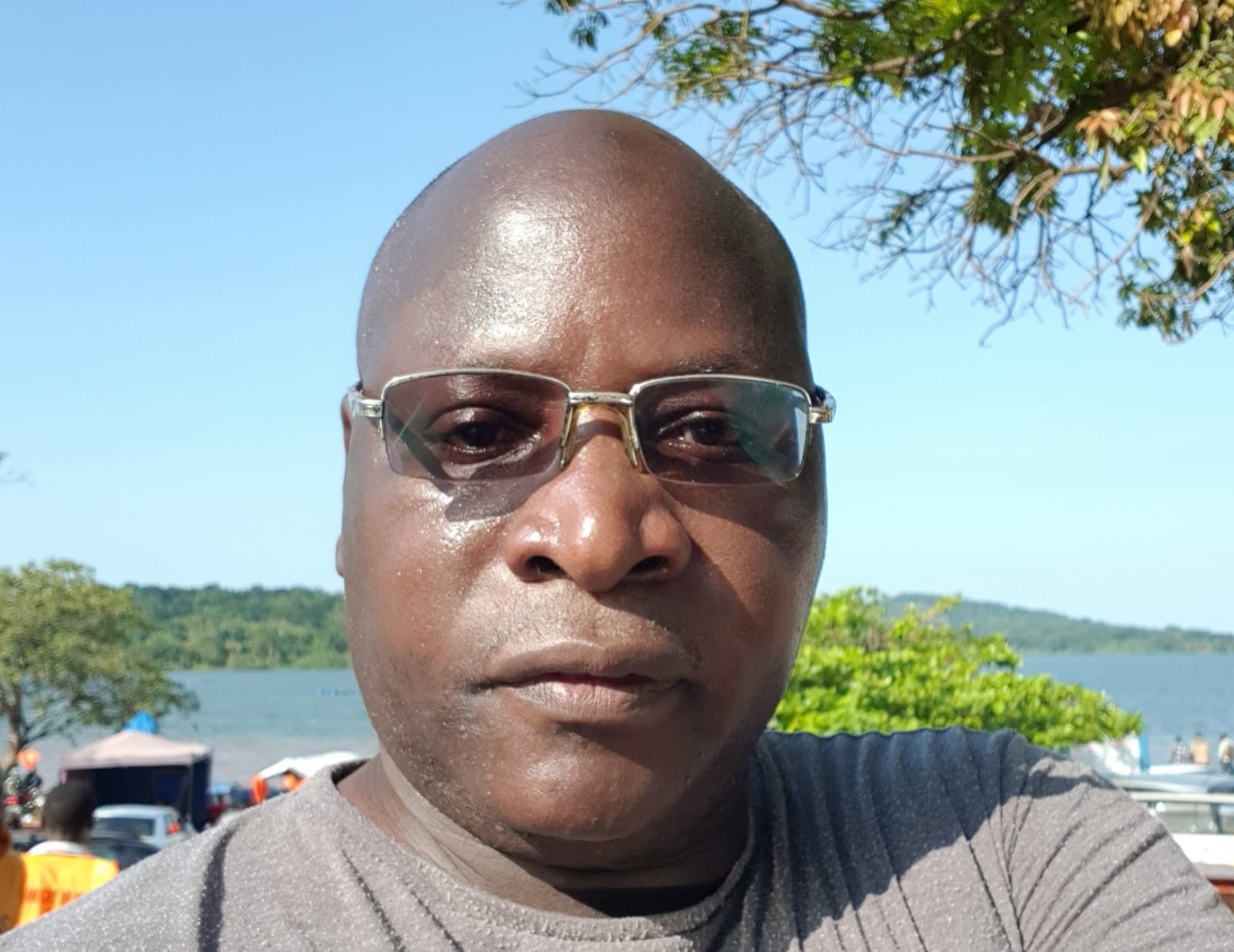By Stephen Lwetutte
It is a startling statistic by any standards, not least for the 40-year-old armed forces, if the period of armed resistance since 1981 is to be considered. Yet that is exactly what the freshly released or leaked Uganda government official report of the investigations into the November 2020 anti-government demonstrations states.
Under sustained immense pressure from the public, important personalities and the international community, the government, in an extremely rare move, appears to have given in to conducting some kind of investigation. The composition and terms of reference of the investigating team are unknown at this stage, but it has emerged in recent days that the report was released and even distributed to the Heads of western diplomatic missions in a meeting with the President Museveni recently.
This is further evidence, if any was ever needed, that the president is playing to the western gallery and that the report was crafted and cobbled together to demonstrate some kind of accountability and allay perceptions of widespread entrenched impunity enjoyed by members of the security agencies. Having enjoyed the goodwill, confidence and even strong economic, military and diplomatic support and assistance which have effectively sustained him in power this long, Mr Museveni cannot afford to place his relations with the west in jeopardy and is frantically seeking to mend them. A lot, thus, is at stake for the aging tyrant if he doesn’t play ball, as the patience of his western financiers who bankroll him wears increasingly thin. Although he has lately appeared belligerent, combative and mostly rude towards them, he is acutely aware of his pretty limited options short of full compliance. The unusually tough stance adopted by his erstwhile strong allies against him, where they could have kept a blind eye as before, suggests post-Museveni positioning to safeguard their interests beyond Museveni.
That the western diplomatic missions were reportedly the first, if not the only ones to receive the report, speaks volumes: they cannot be ignored as opposed to accountability towards Ugandans, who play second fiddle to the regime and are the least of his worries – any seasoned observers of ugandan politics under Museveni will know that the regime’s accountability record is decidedly appalling and that the concept itself is almost alien. Many documented atrocities that have taken place on President Museveni’s watch for the past 35 years have either not been investigated or the outcome of any investigations have not been divulged and/or not acted upon.
Last week, though, media reports, citing official sources, indicated that the report of investigations into the 18-19 November 2020 demonstrations following the arrest and detention of presidential candidate Hon Kyagulanyi had been released (I use the word demonstration instead of riot, preferred by the government for its purposes of justifying excessive use of force, advisedly here to draw attention and place in context issues of proportionality). According to the report cited by the media outlets, it is conceded that only 11 of out of the 53 demonstrators officially acknowledged and over which they appear to gloat, as killed by the security services, were active demonstrators, meaning a whole 42 dead were innocent bystanders ostensibly killed by stray bullets. Peaceful demonstrators are routinely violently dispersed using indiscriminate live fire, and fatalities are not unknown raising concerns of disproportionate or excessive use of force contrary to ugandan and international law standards.
These figures are by government’s own official admission, which is well known for being economical with the truth and to under report figures where it is not in their interests to state the true picture and magnitude of the problem. It is, therefore, safe to assume that the numbers are possibly a pretty conservative figure and lends credence to reports by credible eyewitnesses, media, human rights organisations and opposition groups, that insist that the real figures of those killed or maimed are several fold higher.
Statistically speaking, 42 innocent people out of the 53 killed, amount to 80% of those killed by security agencies, meaning the security marksmen succeeded only in 20% of the cases. That is a failure rate which, by any standards, relegates the skills and professionalism of our men and women under arms to the worst ever. President Museveni, who 20 years ago in 2001, sought re-election for his last term under the guise of professionalising the army, owes the country a good explanation in light of such poor performance. Moreover, wave after wave of atrocities has been committed ever since, including the Kayunga massacres of 2009, Kasubi Tombs executions of 2010, the Kasese massacres of 2016 and lately, the November 2020 massacres as well as the ongoing brutality, killings and abductions of peaceful members and supporters of opposition parties. None of those 2001 promises has been implemented – the man has neither left nor has he professionalised the army, going by the evidence before us.
Furthermore, the comparative objective information publicly available suggests that the NRM government security agencies are the worst ever in Uganda’s history in terms of conduct and professionalism – if you take, for instance, the recent swearing in or coronation, as the case may be, of President Museveni for another term in office, you would be forgiven for thinking that the country was engaged in active combat activities, given the heavily armed units deployed in cities and towns at every turn across the country. The aura of fear and terror that has engulfed the people and country is almost palpable, something that was never witnessed even during the Obote II regime, even if President Obote was faced with an armed gang of fighters led by none other than Yoweri Museveni himself.
The then army’s professionalism dictated that you ought to not deploy beyond the absolute necessity for operational needs, and that combat troops must only be deployed strictly in the theatre of combat activities. Today, crack combat troops fresh from Somalia are deployed at every street corner, even as we are assured that the country is at peace and well at ease with itself, and that not even an inch of Uganda soil is occupied or threatened. This begs the logical questions: why it is felt that the civilian police is insufficient and/or incapable of carrying out its constitutional and professional duties of keeping law and order, and of protecting the lives and property of Ugandans; why is it felt necessary to deploy the military, crack troops, at that, in peaceful time? It may well be, as Dr Martin Luther King Jnr stated back in 1964, that true peace is not merely the absence of war, it is the presence of justice. Compounding that state of affairs with the routine deployment of evidently unprofessional security agencies that beat, kill, maim and disappear innocent members of the public in the name of protecting a jittery ruler, mortally afflicted by fear, does nothing to help our predicament!
The writer is a Multilingual Human Rights Practitioner, formerly at the International Secretariat of Amnesty International in London for over 20 years and now Legal and Human Rights Consultant.



